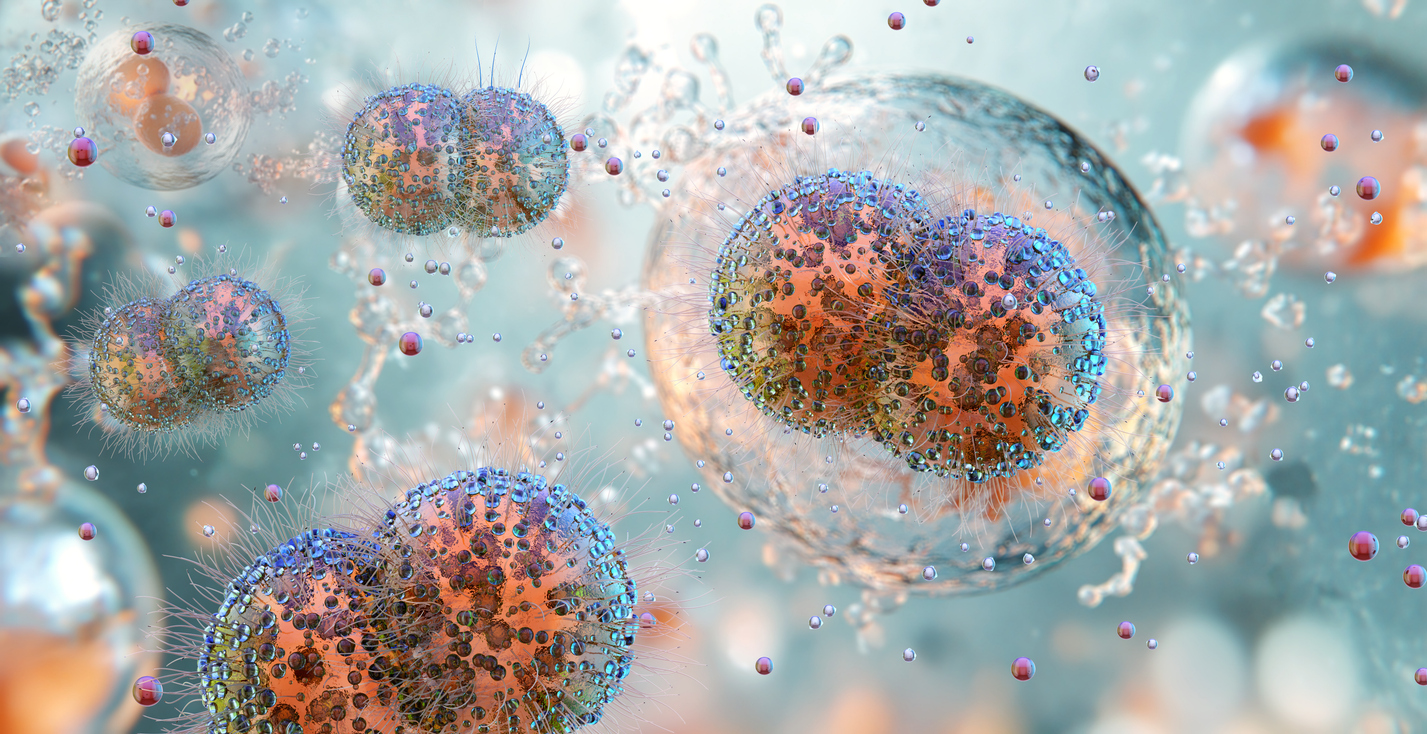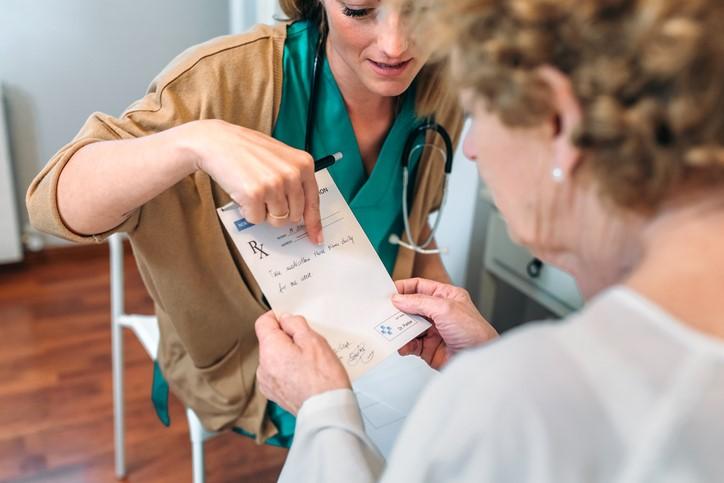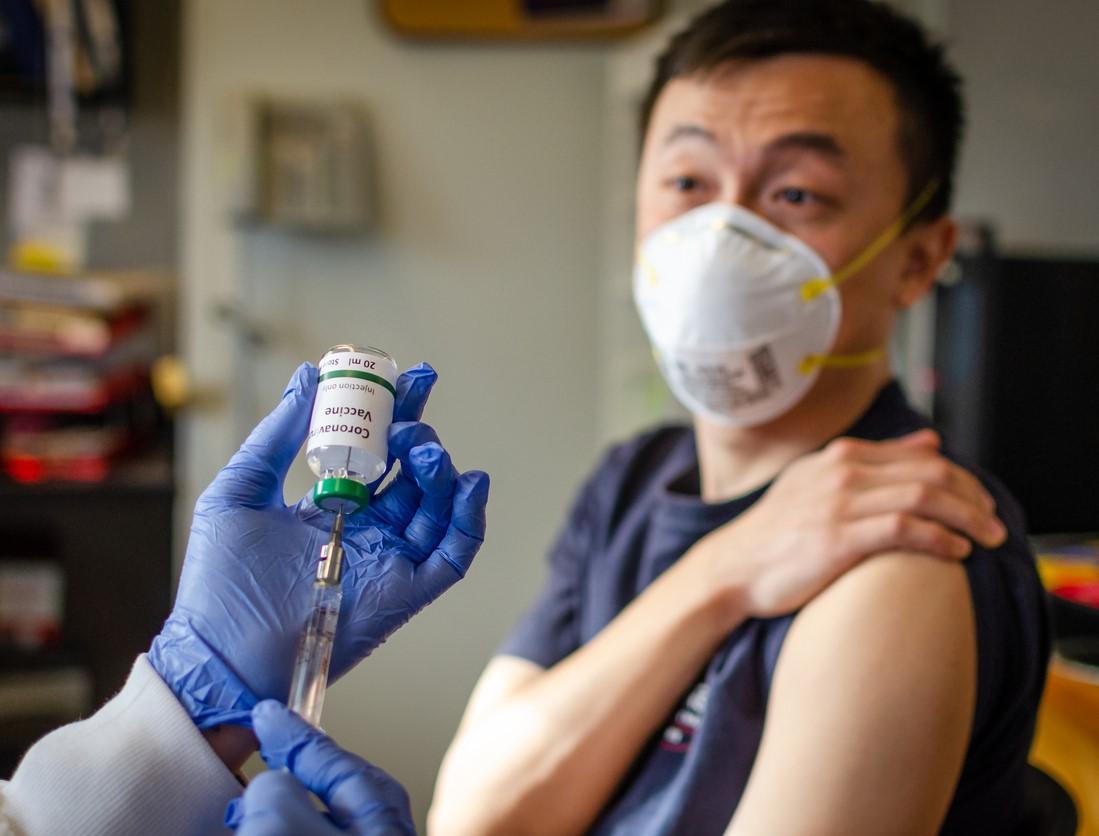In another change to how the Centers for Disease Control and Prevention (CDC) vaccine advisory group operates, the Department of Health and Human Services (HHS) on July 31 sent a letter to members of about 30 nonvoting liaison groups from medical and public health organizations that bars their participation on work groups, CNN reported, based on a letter it obtained.
_0.jpg)
The email called the liaison members special interest groups that are expected to be biased based on the constituencies they represent.
The liaison groups include organizations such as the American Academy of Pediatrics and the American College of Obstetricians and Gynecologists. The work groups have typically assisted with vaccine efficacy and safety reviews, considering the age-groups that would most benefit and weighing the costs and benefits.
Work groups, which also include CDC staff, craft the wording of proposed recommendations for discussion and vote at Advisory Committee on Immunization Practices (ACIP) meetings. Liaison members don’t vote on the recommendations at the meetings but can ask questions and comment on presentations.
In early June, HHS Secretary Robert F. Kennedy Jr. removed all 17 members of the previous ACIP and replaced them with eight new members, including several who are vaccine skeptics or have little expertise in vaccine science. At its first meeting of the new group in July, the group revived long-discredited antivaccine boilerplate topics, including thimerosal as a vaccine additive and the cumulative effects of childhood vaccines.
ACIP’s charter notes about 30 specific groups that hold nonvoting seats on the ACIP. It also allows the HHS secretary to appoint other liaison members based on the committee’s needs. According to longstanding ACIP work group operating procedure rules, last updated in August 2018, liaison members and ex-officio members must sign an annual membership agreement and conflict-of-interest forms.
Groups sound alarm in joint statement
A day after the HHS letter about the work group involvement was sent, members from eight liaison groups published a statement that said they were deeply disappointed and alarmed to be barred from reviewing scientific data and informing the development of vaccine recommendations.
“To remove our deep medical expertise from this vital and once transparent process is irresponsible, dangerous to our nation’s health, and will further undermine public and clinician trust in vaccines,” the authors wrote, calling it a step backward for transparency and public health. The group included several major medical associations, including the Infectious Diseases Society of America.















